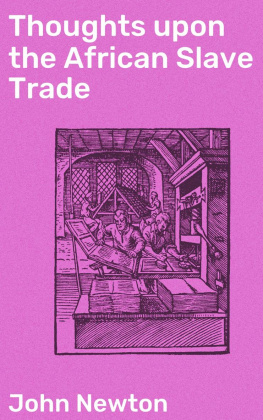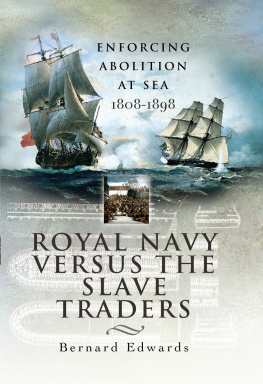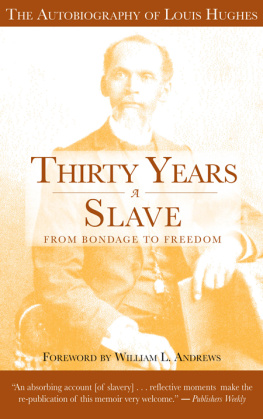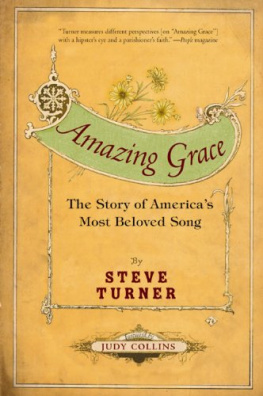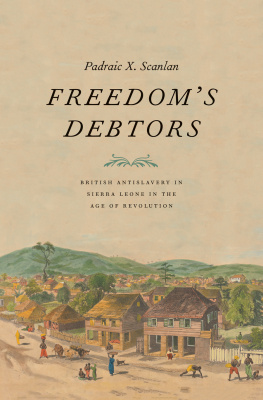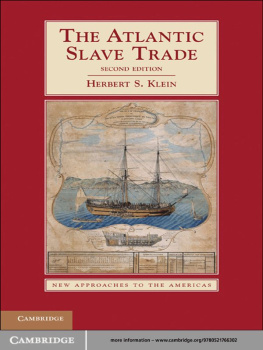This edition copyright A Vincent McInerney 2010
First published in Great Britain in 2010 by
Seaforth Publishing,
Pen & Sword Books Ltd,
47 Church Street,
Barnsley S70 2AS
www.seaforthpublishing.com
British Library Cataloguing in Publication Data
A catalogue record for this book is available
from the British Library
ISBN: 978 1 84832 079 6
PDF ISBN: 978 1 78346 405 0
EPUB ISBN: 978 1 78346 871 3
PRC ISBN: 978 1 78346 638 2
All rights reserved. No part of this publication may be reproduced
or transmitted in any form or by any means, electronic
or mechanical, including photocopying, recording,
or any information storage and retrieval system, without
prior permission in writing of both the copyright
owner and the above publisher.
The right of Vincent McInerney to be identified as the author
of this work has been asserted by him in accordance with the
Copyright, Designs and Patents Act 1988.
Typeset and designed by M.A.T.S. Leigh-on-Sea, Essex
Printed and bound in Great Britain by
CPI Antony Rowe, Great Britain
Contents
Part I
Thoughts on the African Slave Trade: A Memoir of my Infidel Days as a Slaving Captain
Part II
An Authentic Narrative of Some Remarkable and Interesting Particulars in the Life of John Newton
Editorial Note
THERE CAN BE HARDLY be a moment, day or night, when the hymn Amazing Grace is not being sung, played, or thought about somewhere on Earth. What many will not know is the history of the author of the verses that were eventually to become that hymn John Newton (1725-1807). Newtons account of his life, and of his thoughts in maturity of his participation in the African slave trade, are the subject of the third in the Seafarers Voices series, to follow the autobiographies of the galley slave, Jean Marteilhe (1684-1770) and the privateer, George Shelvocke (1675-1742).
But even those who know the name of John Newton, and his relationship with Amazing Grace, may hardly be aware of the many twists and turns in the long road of his life. We hear of his obsessive love for the young Mary Catlett, daughter of a distant relation; his desertion from the Royal Navy to spend time with Mary; his recapture and public flogging on HMS Harwich, followed by his exchange into a Guineaman, a ship trading along the African coasts. He became effectively a slave of another trader in Africa, then made the transition to become a slaver himself. He made first one trip as mate of the Brownlow (1748-49), then three as captain (1749-54), of first the Duke of Argyle, then the African, sailing out of Liverpool, Britains premier slaving port in the late eighteenth century. After being forced to retire from slaving through illness, Newton was eventually, after many setbacks and refusals, ordained into the Church of England ministry, ending his life as a fashionable London preacher, and confidant and adviser of such politicians as the slave trade abolitionist, William Wilberforce (1759-1833).
This third volume of Seafarers Voices has been chosen because it deals with an issue that still reverberates down the years, and the consequences of which we still live with today: the brutal human trade in indigenous Africans and their transport as slaves for sale in the West Indian and American markets. The account is of further interest because it comes from one who was heavily involved in this trade for four years, but who also knew it from both sides, himself having been a captive in all but name in Sierra Leone.
The present volume will comprise two separate accounts written by Newton and brought together to try to give an overall picture of Newton and the driving forces which shaped his thinking and career. Thoughts on the African Slave Trade (1788) was written when abolition was already an unstoppable cause clbre, and Newton finally felt impelled to confess to the part he played in the trade, and plead the cause of abolition. Newtons memoirs, An Authentic Narrative (1764), consist of a series of fourteen letters sent to the Reverend Thomas Haweis, at Haweis suggestion, to try to facilitate Newtons entry into the Anglican ministry. These letters deal with Newtons spiritual conversion to Christianity, a form of Bildungsroman of the soul, where the account of Newtons career as a seafarer and slaving captain is subsidiary to his spiritual journey. As neither of these volumes separately seem to reveal the man behind the face, bringing together the two as one make it possible to present an overall picture of this for all his seeming approachability elusive character.
The editions used are the third of An Authentic Narrative (1765) and the first of Thoughts (1788). Texts have been reduced from an overall count of 41,000 words to 33,000. Losses of text are through repetition, theological argument, and observations of perhaps limited interest to those interested primarily in maritime aspects of the work. Spelling, punctuation and syntax have been moderated to meet modern expectations.
Introduction
Beware the Bight of Benin!
Beware the Bight of Benin!
For every four that come out,
Seven sailors go in!
Street skipping song from Liverpool
THE MEMOIRS OF AN eighteenth-century clergyman might at first sight seem an odd choice for a volume within the series of Seafarers Voices, yet the life of the Reverend John Newton, who ended his days respectably as the Rector of St Mary Woolnoth in London at the ripe old age of 82, is a tale that began with seafaring and adventure and involved not a few skirmishes with death. It is also a tale of mutiny, impressment, desertion, and the brutality of the African slave trade. Narratives such as Newtons accounts of his involvement in the slave trade are rare: part of the uniqueness of this text is that it was written by a trader himself, a man with first-hand experience of this most terrible trade, and it is distinguished by its detailed and vivid evocation of the implicit horror and danger inherent in the life of a slaver captain.
Newtons story is not well-known in the history of seafaring, and it is one which should not go unread. By his own account it is a tale of brinkmanship in a series of escapades which involved a cliffhanger existence of being repeatedly delivered from threats and danger, and at the last possible moment finding himself retrieved from impending doom. His adventures at sea were spent both as officer and plain sailor; not only did he end his seafaring life as the captain of an African slave trader plying the Middle Passage between the Windward Coast and the West Indies, he also spent time as a captive himself, the prisoner of an African princess, as well as a period of going native, when he was settled on the African coast to the point of being unwilling to come home to England.
The two memoirs which make up this third volume of the series of Seafarers Voices are Thoughts on the African Slave Trade: A Memoir of my Infidel Days as a Slaving Captain (1788) and An Authentic Narrative of Some Remarkable Particulars in the Life of John Newton (1764). Thoughts on the African Slave Trade was written as a contribution to contemporary debates on the abolitionist cause, and is distinguished not only by the eloquence of its argument, but also by the sympathetic tone which encourages the reader to feel empathy with the enslaved Africans as fellow human beings; at the same time it provides an explicit account of the human cruelty and brutality which characterised that trade. This piece was written as a confession of Newtons personal involvement in the horrors of the trade, and in support of the movement for abolition of the slave trade, and pulls no punches in its descriptions. Although the


